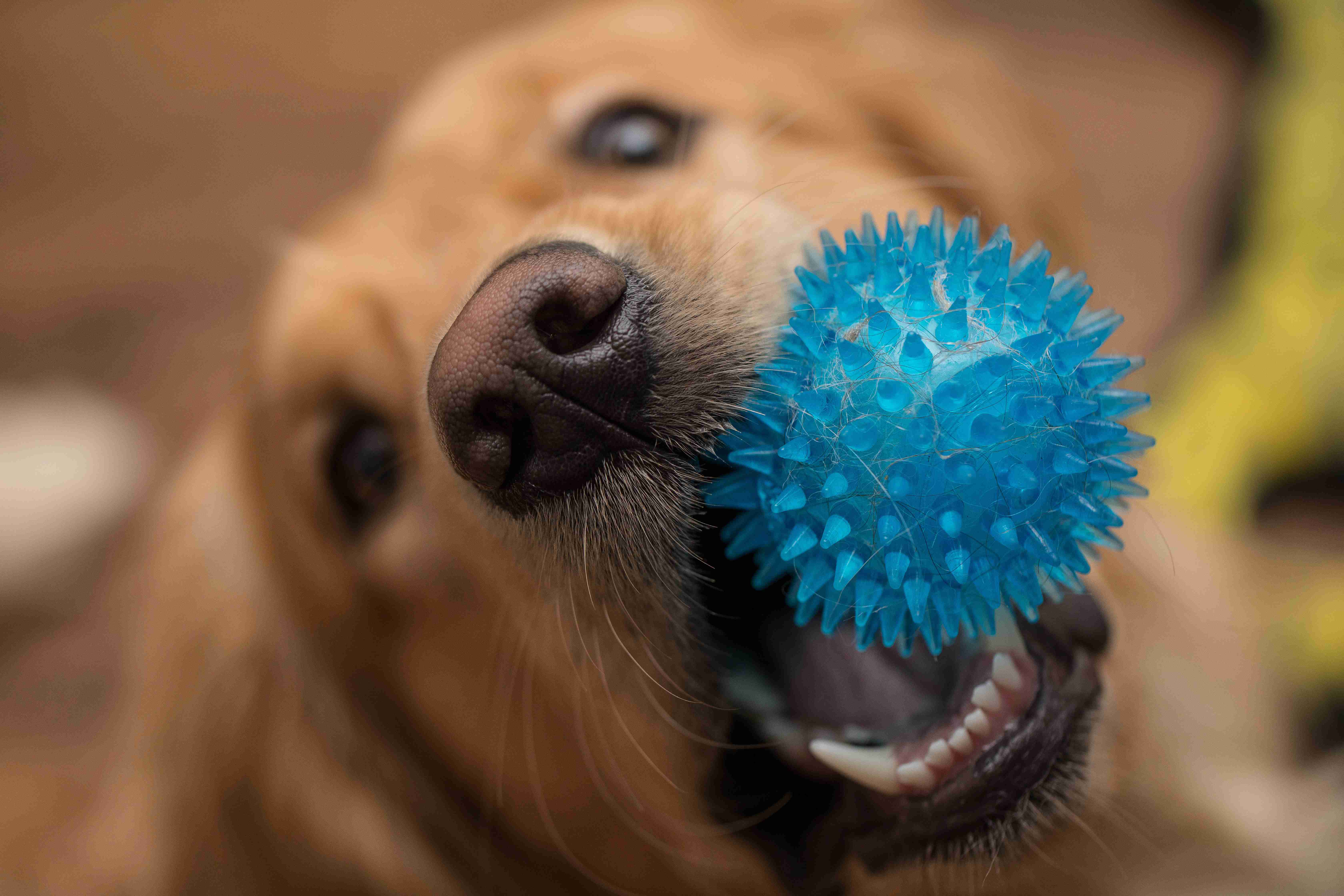Hip dysplasia is a common condition that affects many individuals, especially infants and young children. It is a condition that can cause pain, discomfort, and difficulty with mobility. If left untreated, it can lead to more serious health issues, such as osteoarthritis or even the need for hip replacement surgery. If you or your loved one is experiencing any symptoms of hip dysplasia, it’s important to seek medical attention as soon as possible. In this blog post, we’ll be discussing the signs and symptoms of hip dysplasia, the causes of the condition, and the various treatment options available to manage the condition. So, let’s dive in and learn more about this common condition and how to address it.
Hip dysplasia is a medical condition that affects both humans and animals. In this blog post, we will discuss the symptoms, causes, and treatment options for hip dysplasia in humans.
Symptoms of Hip Dysplasia
Hip dysplasia can cause a range of symptoms, including:
1. Pain in the hip or groin area
2. Stiffness or limping
3. Difficulty walking or climbing stairs
4. A clicking or popping sound in the hip joint
5. Reduced range of motion in the hip joint
6. Development of a limp or waddling gait
7. Pain or discomfort in the knee or lower back due to altered gait patterns
These symptoms can occur at any age, but they are more common in older adults. In some cases, hip dysplasia can occur in infants and children, and symptoms may include leg length discrepancies, asymmetry of the thighs or gluteal muscles, or difficulty crawling or walking.
Causes of Hip Dysplasia
Hip dysplasia occurs when the hip joint does not develop properly. This can be due to genetic factors, environmental factors, or a combination of both. In some cases, hip dysplasia may be present at birth, while in others, it may develop later in life.
Some factors that can increase the risk of hip dysplasia include:

1. Family history of hip dysplasia
2. Being born breech (feet-first)
3. Being a female
4. Being overweight or obese
5. Engaging in activities that put stress on the hip joint, such as running or jumping
Treatment Options for Hip Dysplasia
Treatment for hip dysplasia depends on the severity of the condition and the age of the patient. In mild cases, conservative treatment may be recommended, including:
1. Physical therapy to strengthen the muscles around the hip joint
2. Pain medications to ease discomfort
3. Weight loss to reduce stress on the hip joint
In more severe cases, surgery may be necessary. There are several surgical options for hip dysplasia, including:
1. Hip arthroscopy, a minimally invasive procedure that uses a small camera to view the inside of the hip joint and make repairs
2. Periacetabular osteotomy (PAO), a surgical procedure that repositions the hip joint to improve stability and reduce pain
3. Total hip replacement, a surgical procedure that replaces the damaged hip joint with an artificial joint
Conclusion
Hip dysplasia is a common condition that can cause a range of symptoms, from mild discomfort to severe pain and disability. If you are experiencing symptoms of hip dysplasia, it is important to seek medical attention to determine the cause and appropriate treatment options. With proper treatment, many people with hip dysplasia are able to manage their symptoms and maintain an active lifestyle.
In conclusion, hip dysplasia is a common condition that affects many people, especially women. The earlier it is diagnosed and treated, the better the chances of preventing further damage and improving your overall quality of life. If you or someone you know is experiencing symptoms of hip dysplasia, it is important to seek medical attention and discuss treatment options with your healthcare provider. Remember, taking care of your hips today can make a significant difference in your mobility and well-being in the future.





%20-%20Copy.png)
.png)
.jpg)
